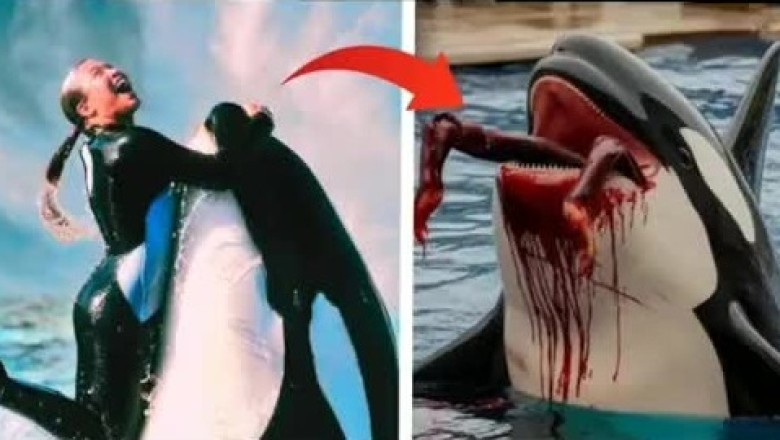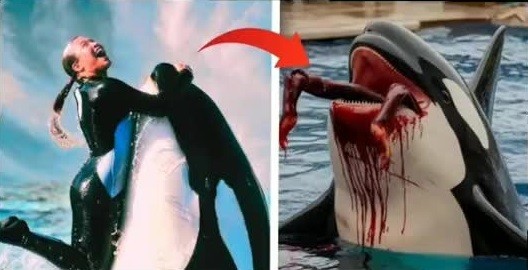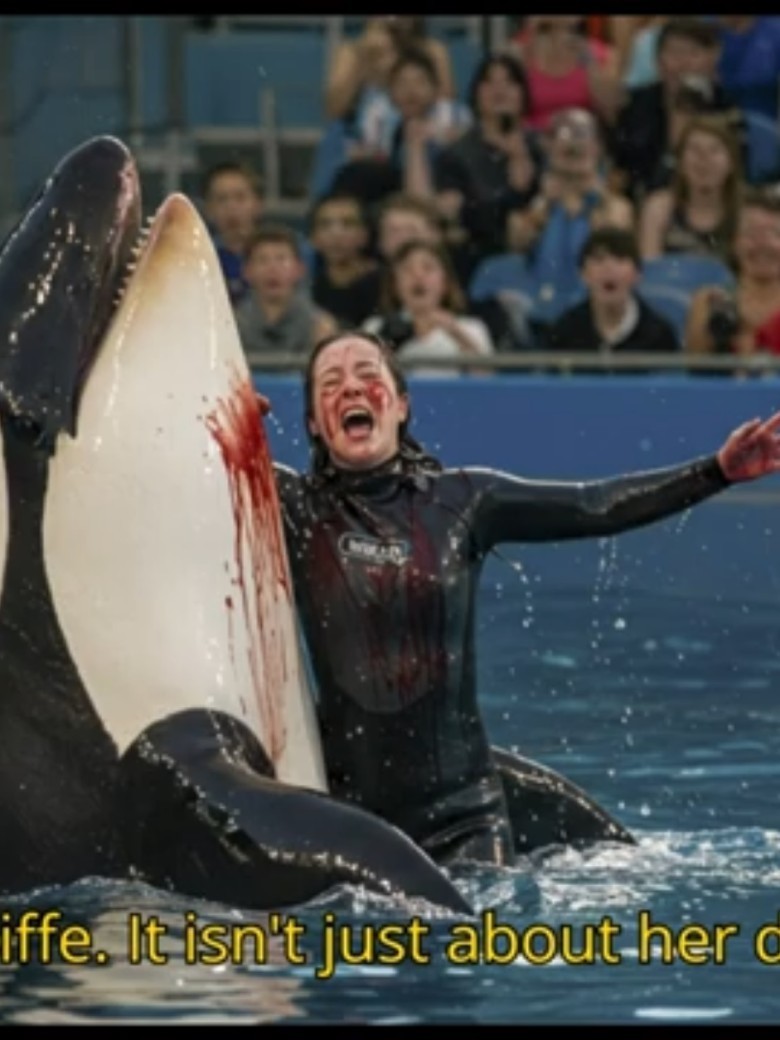
views
1. A Viral TikTok Emerges

A mysterious TikTok video titled “The Story of Jessica who was Killed by an Orca” has captivated millions. Posted by @raji_emma, the video opens with a chilling claim: that Jessica, a dedicated orca trainer, met a horrifying fate at the hands of the powerful marine mammal. With #Jessica and #Orca trending, viewers were gripped, alarmed—and deeply curious. Though the video delivers dramatic flair and emotion, there is no verifiable evidence that such an incident ever occurred. The story reads like modern folklore, crafted to evoke strong reactions and spread rapidly online.
2. Introducing Jessica: Fact or Fiction?

“Jessica” is portrayed as a seasoned marine mammal trainer beloved by her peers and the orca she cared for. The narrative paints a vivid picture of her passion, dedication, and the unique bond she shared. But who was she? Searching official records and news archives yields no confirmation of a trainer by that name. Instead, the emotional weight feels familiar—echoes of past, real tragedies seem woven into the story to lend it believability. Likely a fictional creation, Jessica serves as a vessel for dramatizing the very real risks faced by marine trainers.
3. The Bond with the Orca: A Fatal Connection?

The video emphasizes the deep connection between Jessica and the orca—one built on trust, routines, and public performances. Viewers get the sense that this bond was unbreakable—until it shattered. Dramatic visuals hint at the orca’s eyes, the silent tension before springing into action. In reality, while human-orca bonds exist, serious incidents are very rare. That said, actual cases—such as those involving orcas like Tilikum—did end tragically. This tale clearly draws from those documented cases, blending fact and fiction to maximize emotional impact.
4. A Sudden Attack: What the TikTok Shows

According to the TikTok, during a routine evening performance, Jessica approached the orca pool for a final gesture of care. Without warning, something snapped. The orca lunged. The camera cuts to chaotic splashes, terrified gasps, and the trainer’s silhouette lost beneath the waves. The staging is shockingly visceral—designed to feel raw and horrifying. Yet, crucially, no official footage or eyewitness accounts of such an event exist. It's compelling theater—but not confirmed reality.
5. Reactions: Shock, Grief, Outrage

Viewers flooded the comments: grief-stricken condolences, demands for answers, and frantic appeals for verification. Some shared memories of real tragedies in marine parks; others speculated on ethical breaches behind the scenes. A few users questioned the story’s authenticity, but their voices were drowned out by the emotional tide. The video’s success lies in this reaction—pure, collective, viral hysteria.
6. Legal Fallout? Speculation Runs Wild

In the TikTok narrative, news headlines flash: “Investigation Launched,” “Park Sued,” “Trainer Family Speaks Out.” Though these claims heighten the drama, there's no corroborating evidence in legal filings or credible journalism. It's a storytelling device—creating a sense of scandal that propels the video’s virality. Again, this mirrors the public outrage that real tragedies have sparked in the past, even if this one never happened.
7. Speaking of the Real Cases: Tilikum, Dawn, Alexis

Real orca-related fatalities have indeed occurred: Dawn Brancheau died after an encounter with Tilikum in 2010; Alexis Martínez was killed by Keto in 2009 en.wikipedia.org+2en.wikipedia.org+2. These incidents sparked real reforms, documentaries, and public debate. It's likely that the TikTok’s creators drew inspiration from these well-publicized tragedies—borrowing enough realism to make Jessica’s story feel plausible.
8. The Ethical Debate: Captivity and Danger

Whether fictional or real, the Jessica narrative underscores ethical questions surrounding captive orcas. Critics point to the psychological stress of confinement, unnatural behaviors, and risks trainers face. The virality of the video reignites these debates—and adds urgency, even if the incident itself is unverified.
9. The Voice of Fact-Checkers

In the days since the video went viral, several platforms have flagged it as lacking credible sources. No credible news outlets, regulatory bodies, or marine organizations have issued statements. This is a textbook case of “viral fiction.” Yet the damage—or impact—is real. It demonstrates how powerful emotional storytelling can blur lines between fact and fiction.
10. Why This Story Spreads

Whether Jessica’s story is true or not, it thrives online because it taps into deep fears—of wildness, of betrayal, of the unpredictable. It uses visuals, hashtags, and pacing that optimize for shares and emotional spikes. It’s a perfect storm: compelling narrative, half-truth references, and visual immediacy. In the era of TikTok, even tragedy can be engineered—and belief becomes the first casualty.












Comments
0 comment